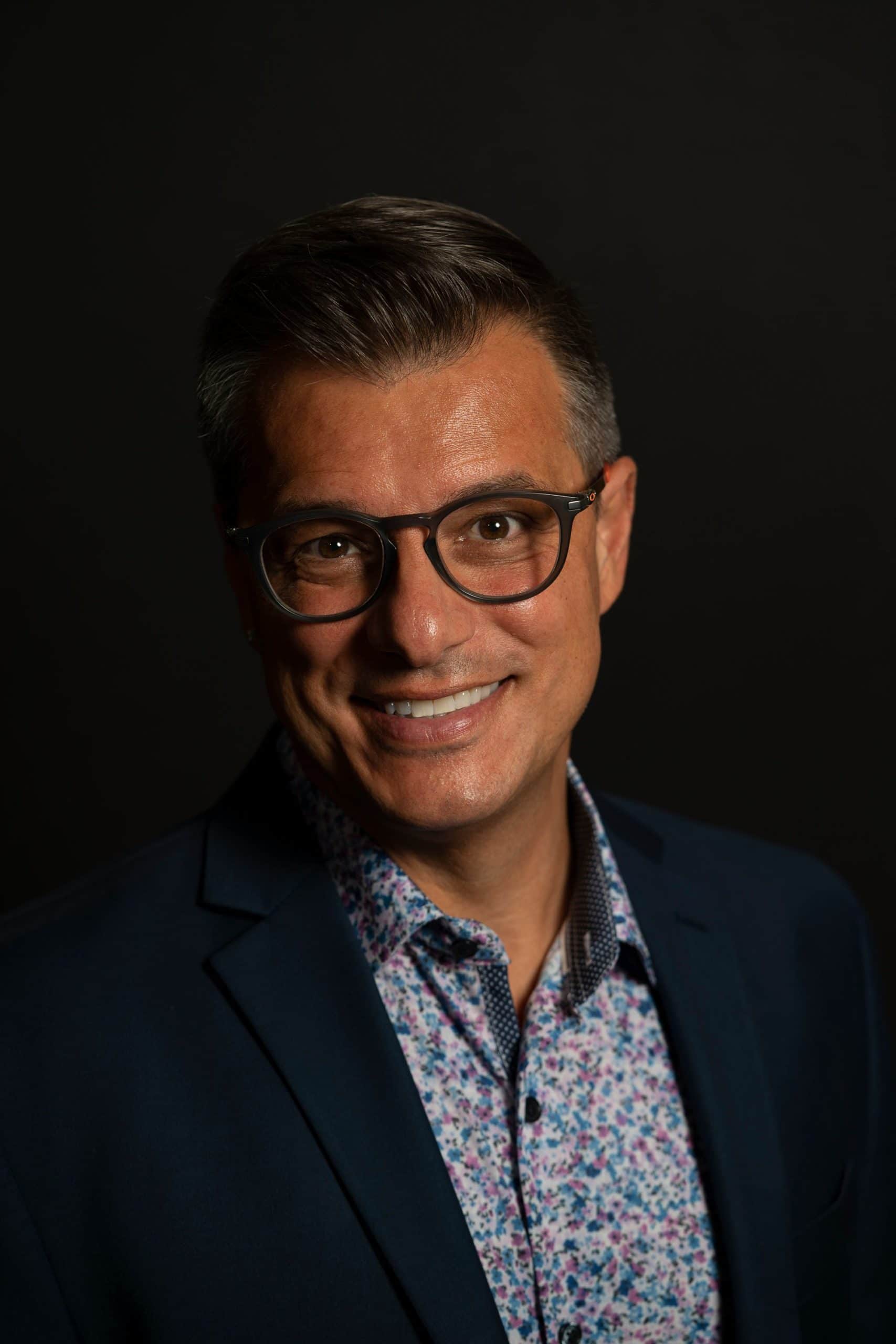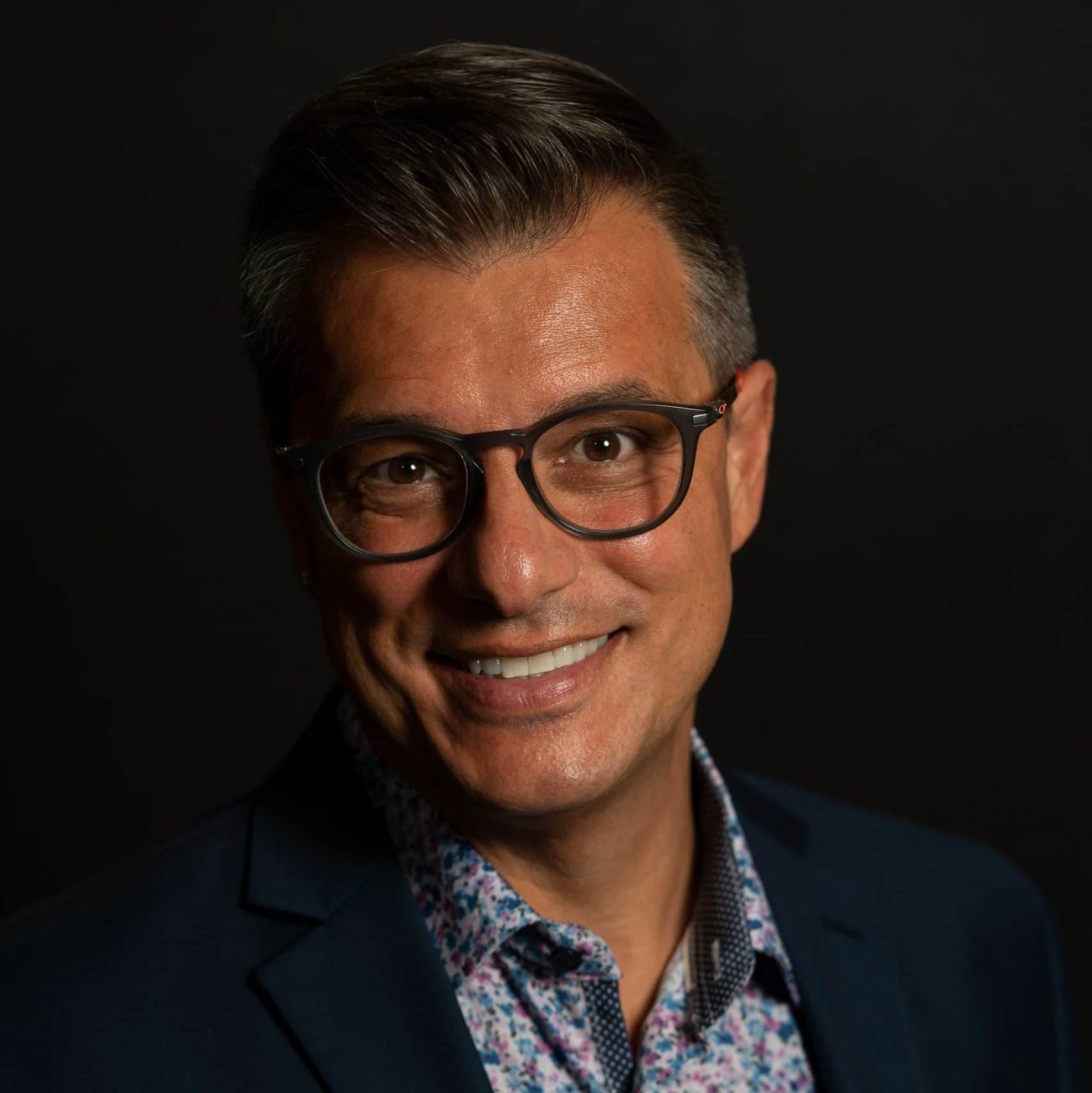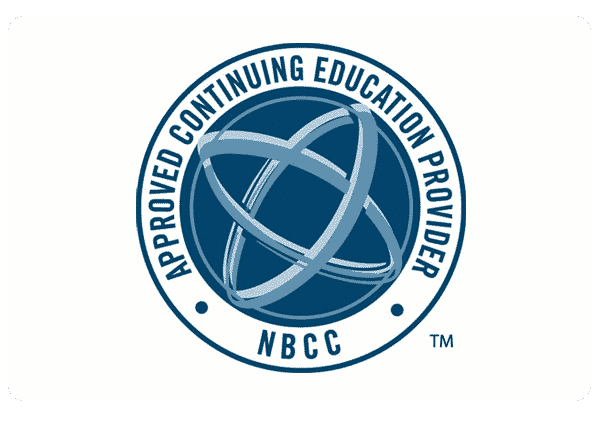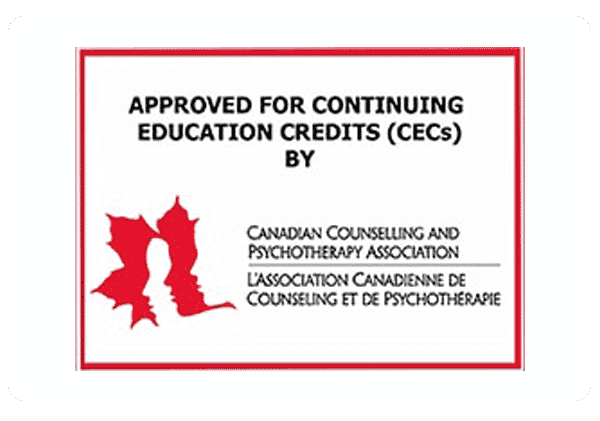Treating Complex Trauma with Internal Family Systems – Frank Anderson

Most modes of psychotherapy believe to have “parts” is pathological. NOT in Internal Family Systems (IFS). In IFS, the idea of multiplicity of the mind is normal. Every part has a good intention, and every part has value. Even for trauma survivors.
In the treatment of trauma, IFS differs from traditional phase-oriented treatments. Instead of starting with building resources in clients before processing traumatic memories, it welcomes extreme symptoms from the onset, learns about their positive protective intentions and gets their permission to access the traumatic wounds. Read More
Clients will leave your office with skills to use outside the therapy room to help them master their emotions. This experiential training will show video demonstrations and include exercises and meditation techniques to use with your clients.
TRAINING information
Most modes of psychotherapy believe to have “parts” is pathological. NOT in Internal Family Systems (IFS). In IFS, the idea of multiplicity of the mind is normal. Every part has a good intention, and every part has value. Even for trauma survivors.
In the treatment of trauma, IFS differs from traditional phase-oriented treatments. Instead of starting with building resources in clients before processing traumatic memories, it welcomes extreme symptoms from the onset, learns about their positive protective intentions and gets their permission to access the traumatic wounds. Read More
Clients will leave your office with skills to use outside the therapy room to help them master their emotions. This experiential training will show video demonstrations and include exercises and meditation techniques to use with your clients.
Learning Objectives
- Present the IFS Model and design ways to integrate IFS into your clinical practice.
- Specify and work with your client’s parts as defined by developer Richard Schwartz, PhD.
- Model how to work with clinician’s own parts.
- Critique an alternate view of symptoms and psychopathology, reasoning that these are ways your clients are trying to protect themselves from emotional pain and psychological wounding.
- Communicate how IFS increases the therapist’s curious and compassionate self when working with difficult and challenging clients.
- Evaluate the neuroscience behind the healing process in IFS therapy
About the Speaker

Frank Anderson, MD, completed his residency and was a clinical instructor in psychiatry at Harvard Medical School. He is both a psychiatrist and psychotherapist. He specializes in the treatment of trauma and dissociation and is passionate about teaching brain-based psychotherapy and integrating current neuroscience knowledge with the IFS model of therapy.
Dr. Anderson is a Lead Trainer at the IFS Institute with Richard Schwartz and maintains a long affiliation with, and trains for, Bessel van der Kolk’s Trauma Center. He serves as an advisor to the International Association of Trauma Professionals (IATP) and was the former chair and director of the Foundation for Self Leadership.
Dr. Anderson has lectured extensively on the Neurobiology of PTSD and Dissociation and wrote the chapter “Who’s Taking What” Connecting Neuroscience, Psychopharmacology and Internal Family Systems for Trauma in Internal Family Systems Therapy-New Dimensions. He co-authored a chapter on “What IFS Brings to Trauma Treatment in Innovations and Elaborations in Internal Family Systems Therapy” and recently co-authored Internal Family Systems Skills Training Manual.
His most recent book, entitled “Transcending Trauma: Healing Complex PTSD with Internal Family Systems” was released on May 19, 2021.
Dr. Anderson maintains a private practice in Concord, MA.
CPD/CE
CPD / CE / NBCC credits available: 3
How do I receive these credits?
The participant must pass the multiple-choice test with a minimum score of 80%. There is a maximum of three attempts to achieve this.
The post-test is included in the price of the training.
Does my regulatory body accept the credits?
The CPD & CE credits awarded can be used towards your declaration to any governing regulatory body in your state or country, provided the content is relevant to your discipline.
Our trainings are accredited by:
– The CPD Group, London
– Canadian Counselling and Psychotherapy Association
– Australian Counselling Association
– National Board of Certified Counselors (NBCC)






